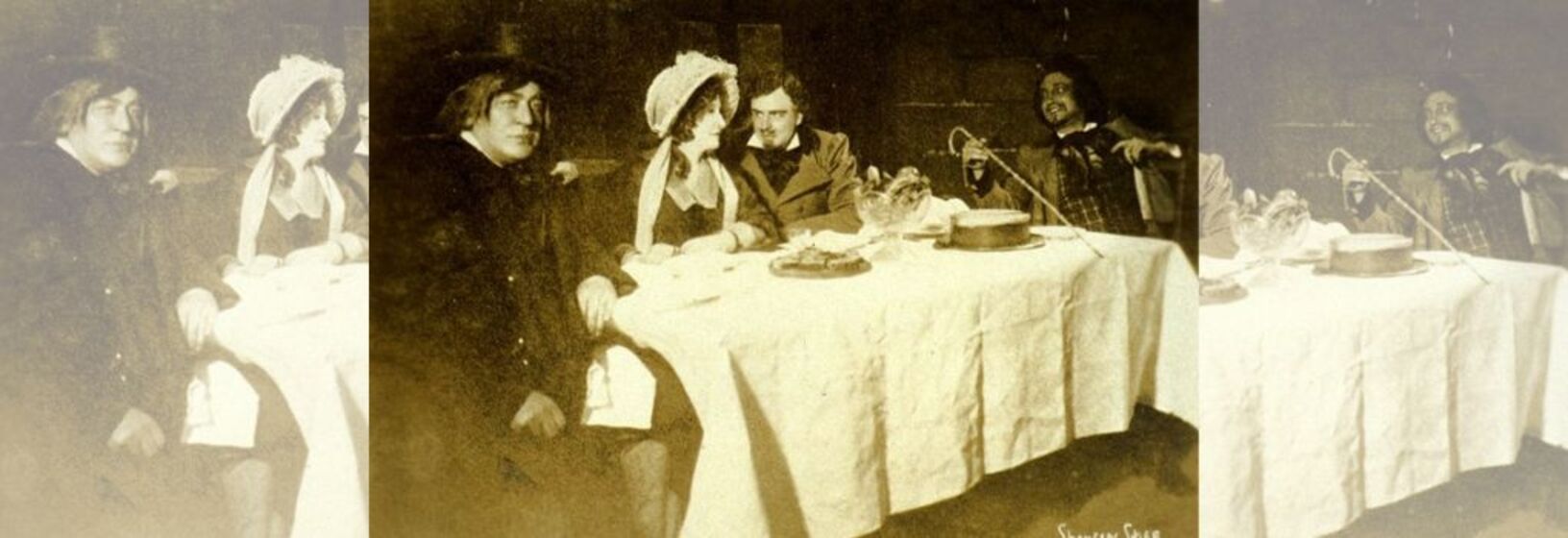Essay - Arthur Pougin Review of Dame Nellie Melba, 1889
Arthur Pougin, in Le Ménestral (Paris), May 12 1889
"The debut of this young singer occurred in the most deplorable and unexpected circumstances… She appeared for the first time on the French scene, in a role as difficult and demanding as Ophélie, without having had an orchestral rehearsal. But even more she had rehearsed with M. Lasalle, who should have played Hamlet, and with M. Plancon who should have taken the part of the King. And then, on the very day, M. Lasalle and M. Plancon both finding themselves suddenly ill, she was obliged to put herself through this dreadful test with two partners that she did not know., M. Bérnardi and M. Grasse. One can guess her fright at the news, and the tears which followed it.
‘It is in these unfavourable conditions however that Madame Melba scored a triumph such as we have not seen for a long time at the opera, and which literally enchanted the public. From her first appearance on stage, a flattering murmur welcomed her. Her pretty appearance, her natural distinction, her grace and elegance won her instant favour. In spite of the fears which at first choked her, the voice, pure and limpid, with an adorable timbre and perfect accuracy, emerges with the greatest ease. The articulation is precise, and there is hardly a moment when an unusual syllable reveals, in an accent which is light but not without grace, her Australian origins. (We know that Madame Melba is an Australian and that in Brussels, in recent times, she sang in Italian in the midst of her fellow performers who sang in French.) The whole of the Book Scene was performed not only with the great skill of a singer with rare taste and with great certainty of bearing, but with real dramatic purpose and with highly intelligent stage movement.
‘From this moment, her success was assured. It continued through to the third act, during the beautiful trio with Hamlet and the Queen, where the replies were given with a rare assurance and in an accent touching and stamped with broken-hearted sadness. But it was in the fourth act, in the Mad Scene, that the ovation was its fullest and her triumph was dazzling…
Cited in Melba, the voice of Australia by Thérèse Radic. South Melbourne : Macmillan, 1986. {Copies held in the State Library of Victoria}.




